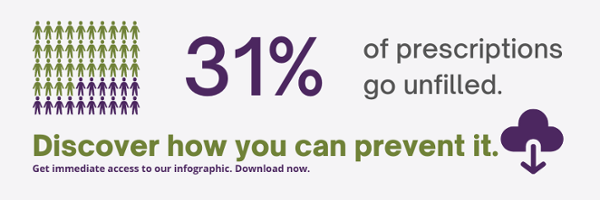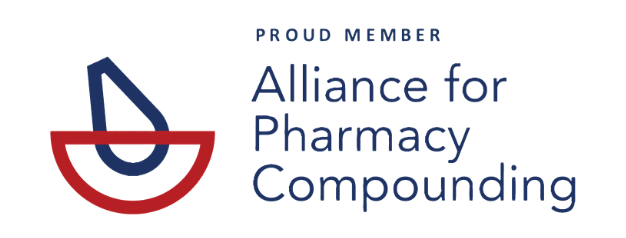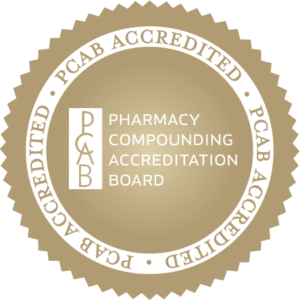Personalized medicine is being called the “wave of the future” and constitutes a major shift in how healthcare professionals can meet the health needs of their patients. Personalized medicine can be high-tech as in the use of patient biological markers (also known as pharmacogenomic biomarkers) to determine whether a current drug formulation will be effective on a case by case basis. Or, personalized medicine can mean using specialized drug combinations, forms, or dosages to provide the best chance for a successful outcome. At the heart of the personalized medicine movement is the compounding pharmacy ready to act as a treatment plan partner.
Personalized medications
In the broader sense, personalized medications are described as customized healthcare. The National Institutes of Health (NIH) says personalized medicine (PM) has “the potential to tailor therapy with the best response and highest safety margin to ensure better patient care. By enabling each patient to receive earlier diagnoses, risk assessments, and optimal treatments, PM holds promise for improving health care while also lowering costs.” Part of this concept is taking a patient’s personal genetic information into account when new drugs are being developed or approved. More testing, and the expectation that some drugs will not be successful for all but could be successful for individuals will over time, change the way medications are developed.
Prescribers and patients don’t have to wait for personalization
In the broader sense, personalized medications are described as customized healthcare. The National Institutes of Health (NIH) says personalized medicine (PM) has “the potential to tailor therapy with the best response and highest safety margin to ensure better patient care. By enabling each patient to receive earlier diagnoses, risk assessments, and optimal treatments, PM holds promise for improving health care while also lowering costs.” Part of this concept is taking a patient’s personal genetic information into account when new drugs are being developed or approved. More testing, and the expectation that some drugs will not be successful for all but could be successful for individuals will over time, change the way medications are developed.
Personalized medication plans find new solutions
Another component of this wave moving towards personalized medications is the “off-label” use of medications ie. using medications approved by the FDA for one condition to treat another condition that has not been identified on the label or a condition that has not been specifically approved for use by FDA. This “off-label” use has been quite effective in treating diseases or conditions that are hard to treat or for which no commercially available medication exists. The Agency for Healthcare Research and Quality suggests that 1 in 5 prescriptions written today are for off-label uses. A compounding pharmacy will often partner with a prescriber to tailor a treatment plan using off-label combinations, forms, or dosages to successfully treat illnesses in areas of pain management, oncology, dermatology, podiatry, pediatrics, dentistry, and much more.
Making new drugs or new versions of medications based on specific genetic information is a way to remove tolerance or efficacy issues at the drug development level. New drugs or new applications can take years to be approved. A compounding pharmacist is using skill, experience, and state-of-the-art technology to personalize medications to avoid individual patient tolerance issues–right now. These personalized medications can remove barriers to successful outcomes that are based on non-essential ingredients, ineffective commercially available combinations, and even dosage levels and delivery methods.
A successful outcome is the goal of any treatment plan. The more personalized the treatment plan can be made, the greater the probability that a patient will see the plan all the way through. The movement towards personalized medications as part of those plans may have a large role in future medication development, but it also has as its foundation, the specialized abilities of the compounding pharmacy.
Health Dimensions Clinical Pharmacy has been providing pharmaceutical solutions to doctors and their patients since 1996. Locally owned and based in southern Michigan, Health Dimensions Clinical Pharmacy was among the nation’s first compounding pharmacies to earn accreditation by the Pharmacy Compounding Accreditation Board (PCAB) of the Accreditation for Healthcare Commission (2006). Our mission is to partner with physicians to provide service excellence, accuracy, and rapid response for improved patient outcomes. To learn more about building a partnership, call Health Dimensions Clinical Pharmacy at (800) 836-2303.











